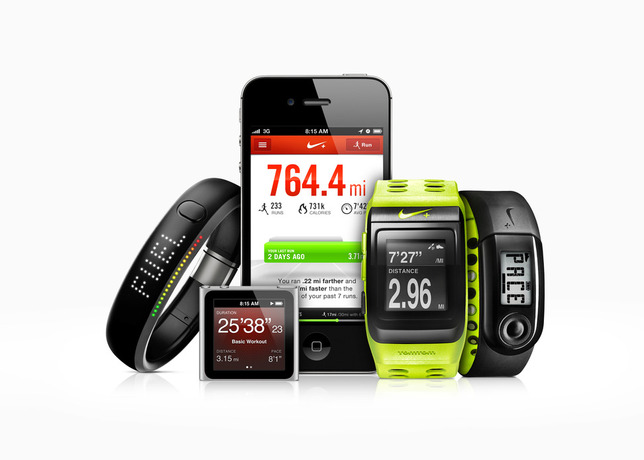Nike Announces Sports Gadget Startup Accelerator
There’s been a rash of digital fitness devices coming out, both from established companies and startups seeking donations through crowd-funding site Kickstarter. Nike, which has been offering such gadgets for years now wants to take this trend even further by announcing the creation of the Nike+ Accelerator program with startup accelerator TechStars.

The Nike+ Accelerator plans to bring in 10 startups–all of which want to use Nike+ technology for athletic products–for a three-month-long program in Portland, Oregon (not far from Nike’s Beaverton, Oregon HQ) that starts in March and goes unil the end of June. Nike says the program will include office space, software, and the ability to connect with mentors like Foursquare co-founder Naveen Selvadurai, Nike digital sport vice president Stefan Olander, and TechStars founder and CEO David Cohen.
I’m guessing this effort will yield some good results, both because of TechStars’ size and success and Nike’s history with fitness gadgets. The original Nike+ running products, for example, came out in 2006, and since then the line has grown to include several different products that support different sports and capabilities.
Keep Reading
Most Popular
Large language models can do jaw-dropping things. But nobody knows exactly why.
And that's a problem. Figuring it out is one of the biggest scientific puzzles of our time and a crucial step towards controlling more powerful future models.
The problem with plug-in hybrids? Their drivers.
Plug-in hybrids are often sold as a transition to EVs, but new data from Europe shows we’re still underestimating the emissions they produce.
Google DeepMind’s new generative model makes Super Mario–like games from scratch
Genie learns how to control games by watching hours and hours of video. It could help train next-gen robots too.
How scientists traced a mysterious covid case back to six toilets
When wastewater surveillance turns into a hunt for a single infected individual, the ethics get tricky.
Stay connected
Get the latest updates from
MIT Technology Review
Discover special offers, top stories, upcoming events, and more.